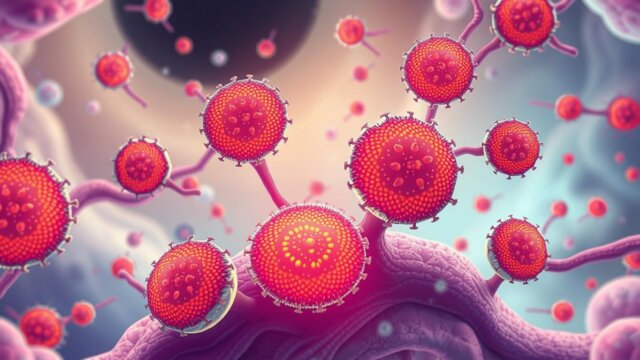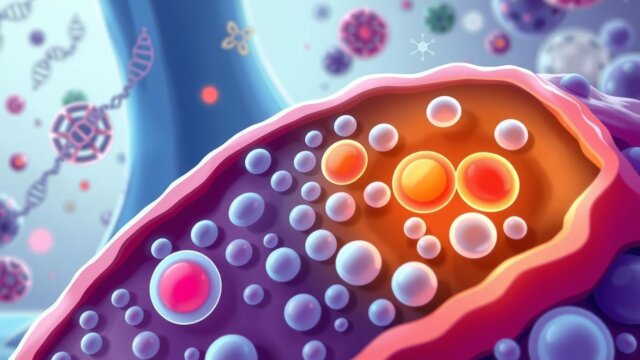FTC disclaimer: This post may contains affiliate links and we will be compensated if you click on a link and make a purchase.
Most pregnant mothers understand that seafood is a category of food that they should be cautious of during their gestation.
Is fish oil included in that warning? “Is fish oil safe during pregnancy? This is the question we want to discuss within this article.
Fish oil is an excellent supplement that has caused much controversy in the medical establishment.
For expectant mothers, the controversy is compounded because the mother is providing not only for herself but also for her baby during a very critical time.
The issue is further complicated because fish oil may be safe for some and not for others.
Please consult your health care provider as she will be best able to tell you if taking fish oil is safe and beneficial for you during pregnancy.
That being said, we can cover the general issues involved with taking fish oil supplements during pregnancy.
Negative Effect of Mercury During Pregnancy
The main issue with taking fish oil during pregnancy is the presence of mercury and other heavy metals in the fish oil.
According to many research studies, these heavy metals have been shown to have adverse effects on the developing baby, especially on the brain and nervous system development.
Generally, you will find that if the quality of fish oil is good, it has a significantly less chance of having heavy metals in it.
Fish Oil Blood Thinning Properties
According to scientific research, Fish oil is a natural anticoagulant that prevents the blood from clotting.
The blood thinning property helps prevent cardiovascular diseases such as heart attack and heart failure.
But, fish oil’s blood-thinning properties during pregnancy will help you or endanger you depending on your health conditions.
If you have any health issues, your health care provider may analyze your conditions before taking fish oil supplements.
Your blood volume is expanding and thinning out as you prepare to birth your baby.
If you already have a clotting disorder, anemia, or other similar situation in which you might already bleed more, fish oil might be contraindicated.
Benefits of Omega-3 During Pregnancy
Fish oil and pregnancy have long been linked together. Fish oil has an abundance of DHA, the most active ingredient in fish oil.
Also, many people may be interested in knowing what fish oil does to your developing child and why it is important. Fish oil and pregnancy are important issues for expectant mothers.
New studies on fish oil and pregnancy have proven that babies who are newly born to women who have a large number of fatty acids in their bloodstream tend to develop at a quicker pace.
Other studies have shown that intake of Omega-3 fish oil has longer attention spans and an increased ability to focus.
These babies whose mothers had ingested high levels of omega-3 fatty acids while pregnant are two months ahead of their peers!
Moreover, a new study on mice has revealed that Omega-3 fatty acids can reduce fetal and neonatal deaths. As a result, it can prevent miscarriage in women.
All of this goes a long way to prove the effect that DHA, one important fish oil component, plays in children’s early development in the womb.
How much fish oil should a pregnant lady take?
Studies recommend at least 200 mg of omega-3 fatty acids of combined EPA and DHA per day.
Moreover, the quantity of DHA should be greater than EPA.
You will find most fish oil supplements hold more EPA than DHA. So, you need to consider fish oil with a higher DHA ratio.
Additionally, you need to be careful while taking cod liver oil during pregnancy, as it contains large amounts of vitamin A.
The large amounts of vitamin A can be problematic during different health conditions.
Always contact your physician before taking any fish oil supplements.
Also, it is not recommended to take very high doses of fish oil supplements during the final weeks and days before you give birth.
The blood-thinning properties of fish oil may contribute to excessive bleeding during birth or postpartum.
Always Take Quality Fish Oil Supplements
Taking quality omega-3 and multi-vitamin supplements during pregnancy can be highly beneficial if they are high-quality supplements.
With fish oil, look for a pharmaceutical grade, molecularly distilled oil that is free of heavy metals, harvested from organic fish, etc.
Molecularly distilled fish oil is more pricey than its generic counterparts, but its benefits are immense.
Another reason for getting high-quality fish oil is that you can count on the oil being as nutritious as possible without other filler oils.
Some unscrupulous companies put other oils in with fish oil and sell it at low prices.
Lastly, be sure that you discuss how much DHA during pregnancy you should take with your practitioner, as most fish oils have a precise ratio of their fatty acids.
Bottom Line
Here is the bottom line for all fish oil and pregnancy questions.
First, check with your OB (Obstetrician), midwife, or other health care provider to make sure that taking the supplements will not pose any threats to your and your baby’s safety.
Secondly, select quality fish oil supplements that have been molecularly distilled to get all the benefits and no harmful substances from each capsule.
Your own body and your baby will thank you for your efforts.








